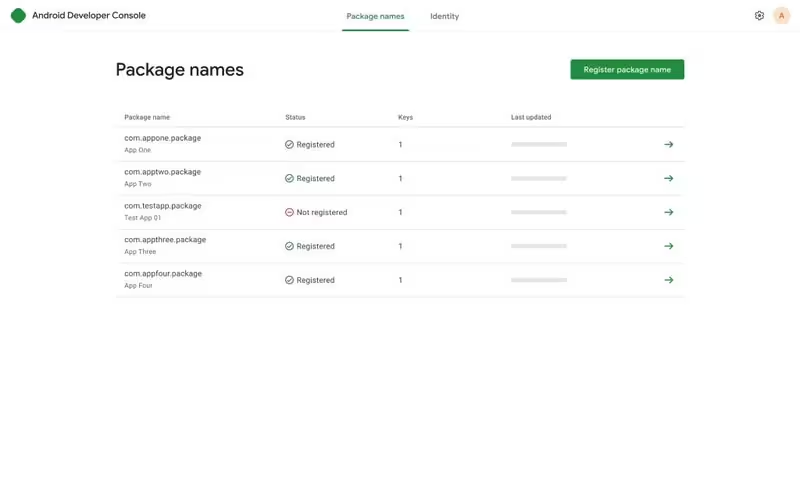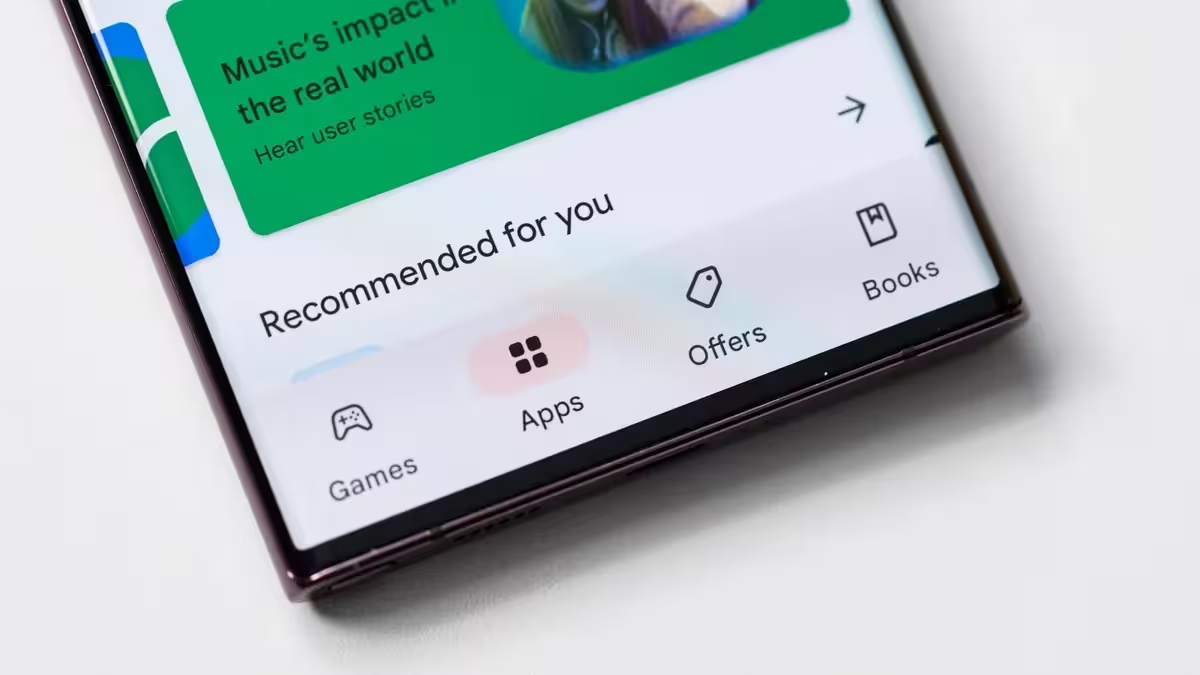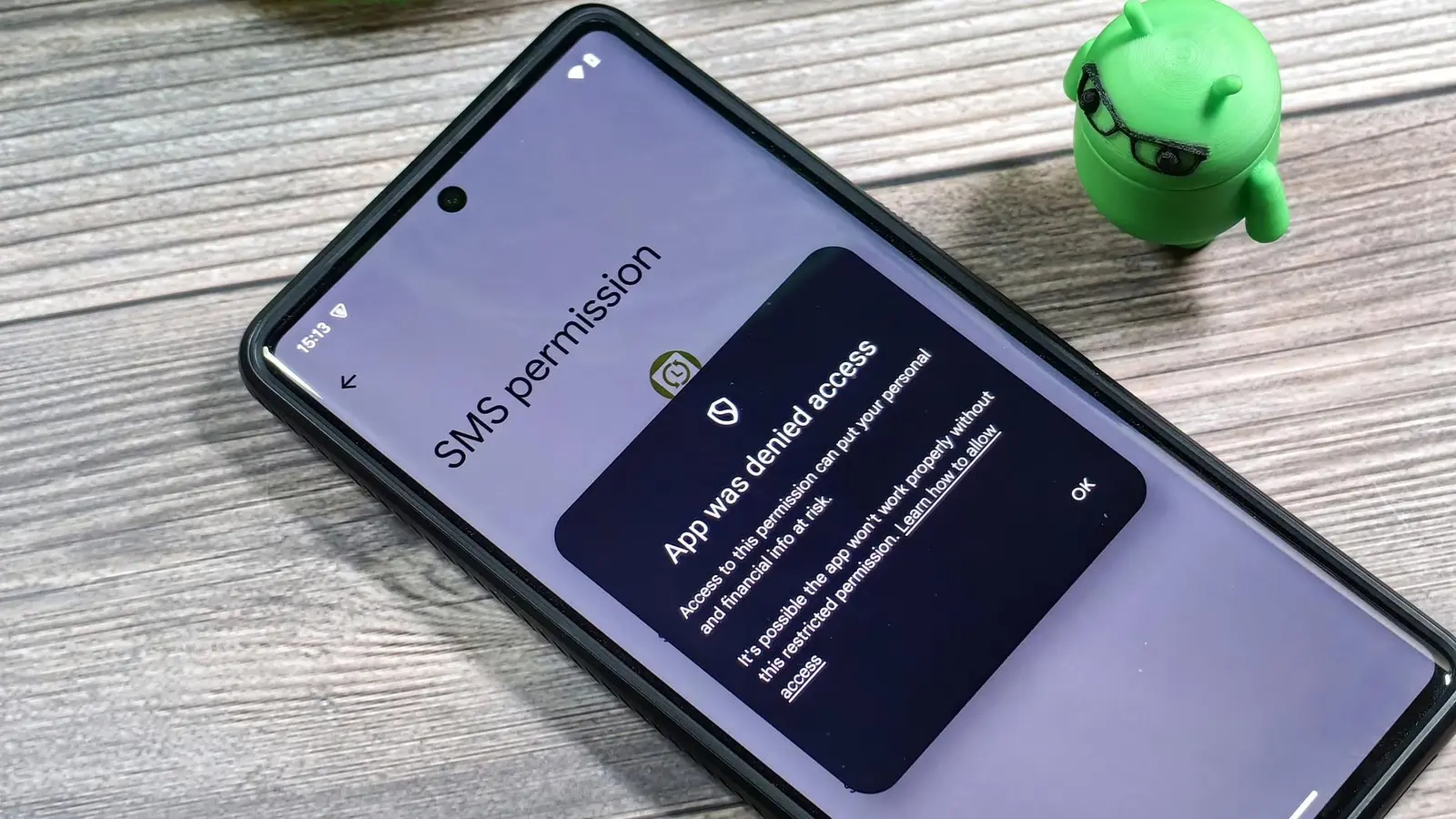5 Minutes
Google's new developer verification: what changes and why it matters
Google is preparing a major shift in how Android handles app installations. Starting next year, most Android users on devices with Google services will only be able to install apps from developers who have completed a new identity verification process. The move extends the Play Store's 2023 "developer verification" policy to all installation pathways, including third-party app stores and sideloading APK files.
How the system will work
Under the new requirement, developers wishing to distribute apps outside the Play Store must verify their identity through an Android Developer Console. After verification they will be required to register app package names and signing keys so that certified Android devices can accept and install those builds. Google frames the change as an identity check — similar to an airport ID control — that confirms who is publishing an app without inspecting app content itself.
Preview and image

Preview of the Android Development Console for sideloaded apps| Image credit — Google
Product features and technical details
Key features of the new developer verification system include:
- Identity verification via the Android Developer Console.
- Mandatory registration of package names and cryptographic keys for sideloaded builds and alternative stores.
- Policy enforcement limited to certified devices — defined as devices with Google Mobile Services (GMS).
- Reporting and measurement improvements designed to reduce convincing fake apps and malware.
Comparisons: Google’s move vs. Apple’s Gatekeeper
The new approach resembles Apple's Developer ID and Gatekeeper on macOS — both systems aim to raise the bar for verifying publisher identities and blocking impersonating or malicious binaries. For Android, which historically has allowed open sideloading, this is a significant step toward platform-level attestations that limit unofficial and risky app distribution.
Advantages and security impact
Google says sideloaded apps are more than 50 times likelier to contain malware than apps installed from Play, and that the Play Store verification rollout has already reduced fraud and malicious apps. Advantages include stronger protection against counterfeit banking apps, phishing binaries, and disguised malware. Enterprises and security-conscious users will benefit from improved app provenance and fewer supply-chain risks.

Use cases and developer implications
Developers can still distribute apps via alternative stores or direct APK downloads, but they must complete verification and register package and key details first. This affects independent developers, alternative app stores, enterprise app distribution, and hobbyist APK sharing. Smaller creators will need to plan for identity verification and key management as part of release workflows.
Market relevance and rollout timeline
Testing begins with early access in October. Google plans to open the verification console to all developers in March 2026. The rollout starts in Brazil, Indonesia, Singapore, and Thailand in September 2026, with a broader global expansion through 2027 and beyond. These controls apply only to certified Android devices that include Google services; devices running non-GMS Android builds (common in some regions and specialized devices) aren’t affected. Because almost all Android handsets sold outside China ship with Google services, the practical market impact will be extensive.
Potential concerns and ecosystem effects
Critics may argue this is a step toward tightening Android’s openness, effectively adding friction to sideloading and alternative app stores. Supporters counter that stronger app verification will curb malware distribution and protect users. For the broader app economy, the policy could shrink the window for convincing fake apps, raise compliance costs for small devs, and shift more installs toward verified channels.
Bottom line
Google's developer verification requirement modernizes app provenance on Android and seeks to reduce malware and fraud associated with sideloading. While it preserves alternative distribution methods, the new identity checks and package-key registration will reshape how developers and stores publish apps and how users install software outside Google Play.
Source: phonearena


Leave a Comment